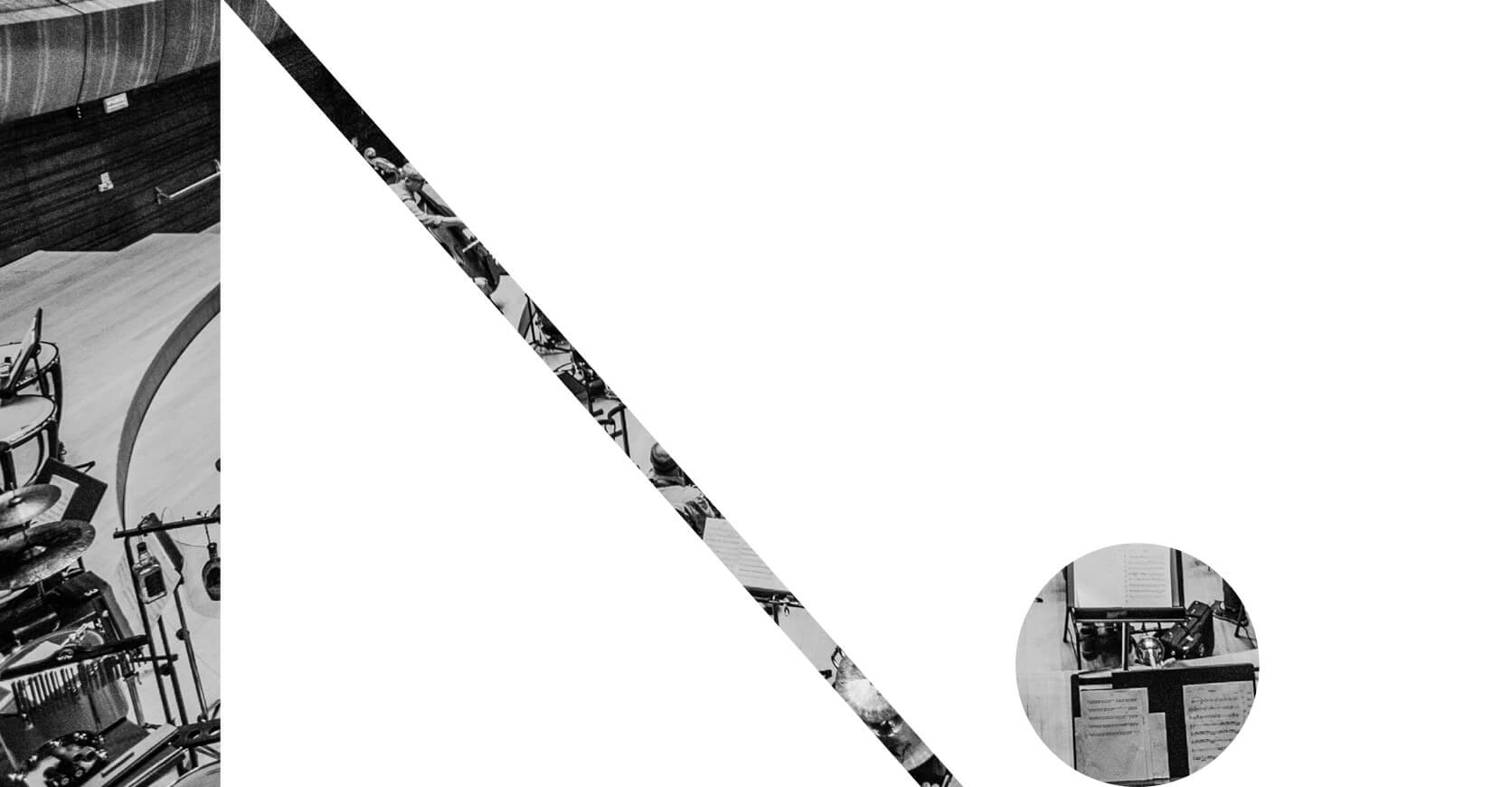NOSPR / Alsop / Yang / Polish sonorism and music of the north - NOSPR
NOSPR / Alsop / Yang / Polish sonorism and music of the north
Although Sibelius’ Violin Concerto is not programmatic music, it is permeated by the same Northern colour and breadth of breath that can be found in nearly all works by the creator of Finlandia. This is because landscape is not present there merely as a decoration – as it was in 18th-century music – but to reflect the scenery of the soul. Part of the core violinistic repertoire, enclosed within the framework of classical form, for over a hundred years, the piece has not ceased to inspire a sense of wonder, not only with its mysterious atmosphere and richness of sound, but also with its symphonic elan and originality of themes. While the British musicologist Donald Tovey called the final movement of the Concerto a “polonaise for polar bears”, he granted it – and rightly so! – an honourable place among the greatest violin concertos of Romanticism. Another great classic of 20th-century music is Bartók’s Concerto for Orchestra, in which – as Alex Ross put it – the Hungarian composer and folklore researcher “decided to throw away his notebook and began dancing with them [peasants]. From the strings, there rise clouds of dust, setting on the feet of the frenzied dancers.”. While the musical language of this late work of Bartok’s is a softened one, its form is classicising, and the sounds are nearly euphonic, still what is the most important for his style was retained – distinct rhythms, colourful instrumentation, and subtle inspiration drawn from folklore.
Piotr Matwiejczuk
Concert duration: approximately 110 minutes
Upcoming events
Japan tournée / NOSPR / Marin Alsop / Hayato Sumino / Masaya Kamei
Tokyo - Tokyo Opera City
Japan tournée / NOSPR / Marin Alsop / Hayato Sumino
Tokyo - AUBADE Hall
Japan tournée / NOSPR / Marin Alsop / Hayato Sumino
Osaka – The Symphony Hall
Japan tournée / NOSPR / Marin Alsop / Hayato Sumino
Kurashiki Shimin Hall
Japan tournée / NOSPR / Marin Alsop / Hayato Sumino
Yokohama - Minato Mirai Hall
Japan tournée / NOSPR / Marin Alsop / Hayato Sumino
Tokio – Suntory Hall
Japan tournée / NOSPR / Marin Alsop / Hayato Sumino
Nagoja – Aichi Prefectural Art Theater
Japan tournée / NOSPR / Marin Alsop / Hayato Sumino
Saitama - Tokorozawa Muse
Japan tournée / NOSPR / Marin Alsop / Hayato Sumino
Chiba - Ichikawa Shimin Hall
Japan tournée / NOSPR / Marin Alsop / Hayato Sumino
Shizuoka - Act City Hamamatsu




